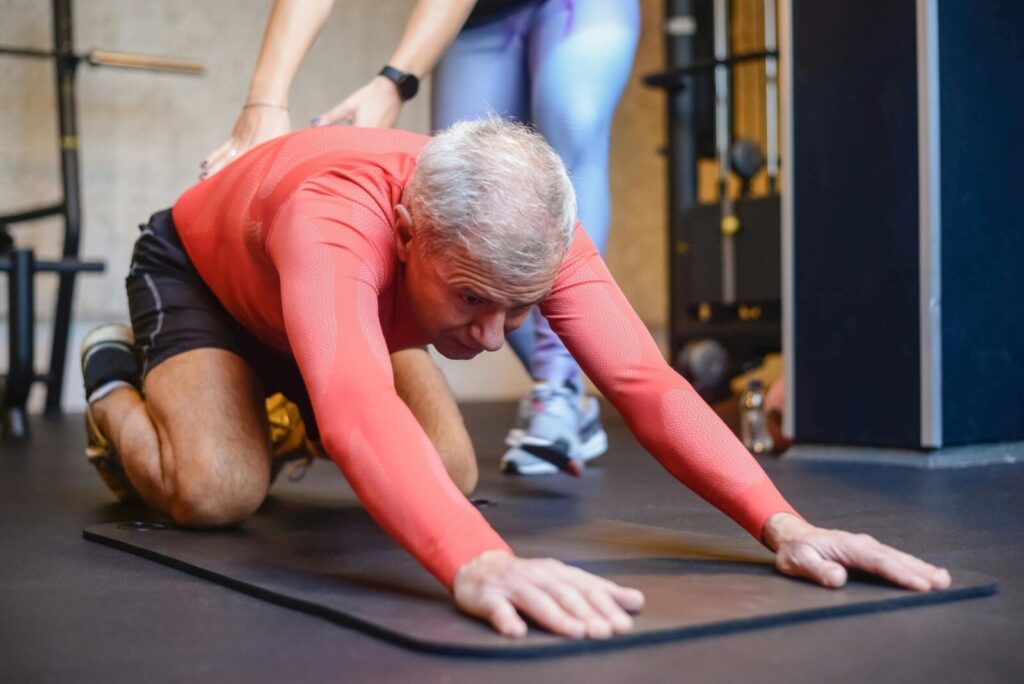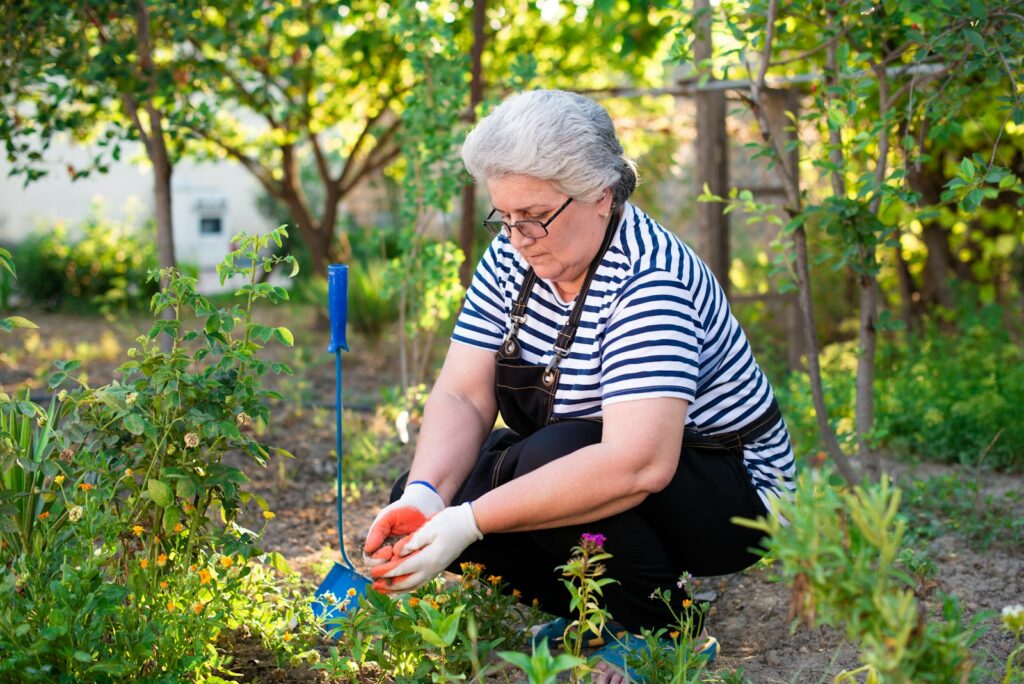Learning new skills after 60 can spark a refreshing sense of purpose, offering the perfect blend of calm exploration and meaningful challenge. With routines slowing down and personal time expanding, this period invites curiosity to reawaken in a gentle yet fulfilling way. New skills help keep the mind active, support emotional balance, and strengthen social connections that enrich daily life. Whether the interest is artistic, practical, or technological, each new ability nurtures confidence and adds depth to everyday experiences.
1. Digital Literacy

Learning digital literacy after 60 can feel surprisingly empowering, especially as technology becomes more woven into daily routines. Gaining familiarity with smartphones, online payments, browsing tools, and basic security practices helps reduce uncertainty and builds genuine confidence. These skills also make it easier to stay in touch with family, enjoy entertainment, and access online services that support independence. With steady practice and patient guidance, technology becomes less intimidating and far more useful, making everyday tasks smoother and more manageable.
2. Creative Writing

Developing creative writing skills later in life offers a thoughtful way to revisit memories, emotions, and experiences that have shaped a lifetime. Transforming these reflections into stories, poems, or personal essays encourages clarity and self-expression while keeping the mind active and engaged. Many people enjoy joining writing groups or online workshops that provide gentle feedback and warm encouragement. With time, the practice becomes both grounding and inspiring, allowing individuals to craft meaningful narratives that honor their unique journey and preserve their voice for future generations.
3. Learning a Musical Instrument

Picking up a musical instrument in one’s sixties and beyond can bring a comforting mix of focus, creativity, and emotional release. Whether choosing piano, guitar, or a small, approachable instrument like the ukulele, each practice session strengthens memory, coordination, and patience. The steady rhythm of learning becomes a soothing routine that eases stress and lifts the mood. Music also encourages joyful expression, offering moments of calm or energy depending on what one chooses to play. With consistent effort, progress feels deeply rewarding and adds a meaningful spark to everyday life.
4. Yoga and Gentle Movement

Practicing yoga or gentle movement after 60 offers a steady way to maintain flexibility, balance, and comfort while honoring the body’s changing needs. Slow stretches, mindful breathing, and simple poses help ease stiffness and build strength without strain. Many people appreciate how these practices calm the mind and create a peaceful rhythm that carries into the rest of the day. With classes tailored to different mobility levels, yoga becomes a safe and welcoming routine that encourages confidence, stability, and long-term well-being.
5. Cooking and Culinary Skills

Strengthening cooking skills brings both practical benefits and a renewed sense of creativity. Experimenting with fresh ingredients, simple techniques, and healthy recipes makes everyday meals more enjoyable and supports long-term wellbeing. Cooking also offers a warm way to connect with friends or family, turning shared dishes into moments of comfort and conversation. As confidence grows, the kitchen becomes a place of relaxed exploration, where trying new flavors feels rewarding and preparing nourishing meals adds satisfaction to daily life.
6. Gardening

Gardening after 60 provides a peaceful routine that encourages gentle movement, patience, and a meaningful connection with the natural world. Tending soil, nurturing seedlings, and watching plants grow offer a calming sense of progress that unfolds at a comfortable pace. Spending time outdoors also supports physical health and emotional balance, creating moments of quiet reflection. Whether caring for balcony pots or a larger garden bed, the process brings steady satisfaction, offering beauty, purpose, and a grounding rhythm to everyday life.
7. Photography

Learning photography later in life encourages a fresh appreciation for small details, inviting individuals to notice light, color, and moments that might otherwise pass unnoticed. Modern phone cameras and simple editing tools make the hobby accessible, allowing creativity to develop without technical pressure. Photography also strengthens memory and adds purpose to everyday outings, whether capturing nature, family gatherings, or quiet personal scenes. With steady practice, each image becomes a story, offering a meaningful way to celebrate beauty in daily life.
8. Financial Literacy

Exploring financial literacy after 60 builds clarity and confidence in managing savings, budgeting, and long-term planning. Understanding investment basics, retirement options, and digital banking tools helps reduce stress and supports informed decision-making. This knowledge also encourages open conversations with family members or advisors about future goals and responsibilities. With steady learning, financial tasks become less overwhelming and more empowering, offering a sense of stability and control that contributes to long-term well-being and peace of mind.
9. Home Maintenance Skills

Learning basic home maintenance skills brings a reassuring sense of independence by reducing the need for immediate help with small repairs. Simple tasks like tightening loose fixtures, clearing drains, patching minor wall damage, or replacing worn components help keep the home safe and functioning smoothly. Gaining confidence in these areas also prevents small issues from growing into larger problems. Over time, these practical abilities offer comfort, self-reliance, and a steady feeling of control over one’s living space.
Comments